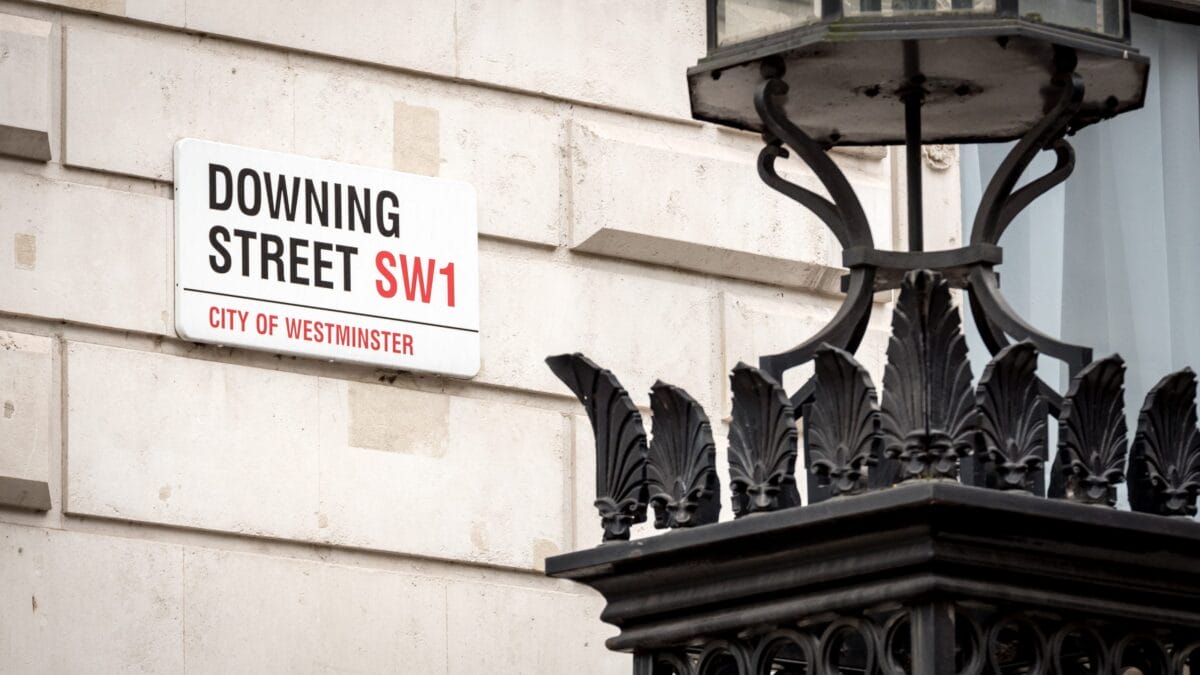Hetal Mehta, head of economic research at St. James’s Place comments on the economic impact of the upcoming General Election, and what this means for investors:
“The announcement that the UK will have a snap election on 4 July came as a surprise to most political pundits as well as markets.
“However, that probably doesn’t alter the most likely outcome. Although we aren’t in the business of making political predictions, the significant lead Labour has going into this very short election campaign means it is a fair working assumption that it will form the next government and that Keir Starmer will be the next Prime Minister.
“The key battleground will be the economy, with both parties vying to convince voters they have the policy offering that will unleash growth.”
It’s the economy, stupid
“The starting point is the better news on growth prospects recently. GDP increased by more than expected in 1Q24, credit conditions are easing and economic sentiment is gradually improving. Meanwhile inflation has been coming down, albeit more slowly than the BoE would have liked. We have long thought it would be unable to deliver a rate cut in 1H24, and now the timing of the election should eliminate any lingering expectations.
“Fiscal policy, however, will be highly constrained for whoever wins. Even with very loosely binding fiscal rules (a rolling fiver year horizon allows for a lot of obfuscation), an increase in spending will almost certainly need to be matched by tax increases. We don’t think it is likely that a Labour government would roll back on the recent tax cuts for those of working age, but an increasein wealth taxes may be the path of least resistance, especially if the government has a large majority.
“Markets tend to focus on event risks around 6-8 weeks ahead of time, so we are now straight into the thick of it. Part of that will be the poring over of opinion polls. Those with longish memories will remember the 1992 polling errors as well as the more recent ones (2016 Brexit Referendum, 2015 and 2017 elections). Pollsters have improved their methodologies, and on the whole accuracy is deemed to have improved over time.”
What does this mean for investors?
“When caught up in ‘election fever’, the biggest mistake investors tend to make is being impatient. It takes time to understand what the medium to long term impact of an election outcome will be. Whether there is a change in government or a change government policy, the immediate market reaction is usually a knee-jerk and based on limited information. Avoiding such knee-jerk reactions and focusing on the longer term will help insulate investors from potentially value destructive decisions.
“With the UK market, we have seen over a decade of underperformance relative to global peers. The UK has remained unloved by international investors and this has left the market attractively valued based on most metrics. Whilst an election does create uncertainty, it does not change the fact that UK businesses are cheap and have their place in a diversified portfolio. Across our range, we have a modest overweight to the UK equities considering this valuation opportunity.”



















